Mud season in Maine.
It’s the in between winter and spring and can vary greatly in length. Maine’s mud season is the messy transition between bight white to the green of spring, typically from March through April, depending on the year. Snow starts to recede, dirt roads get muddy, temperatures raise the red in the glass tube during mud season.
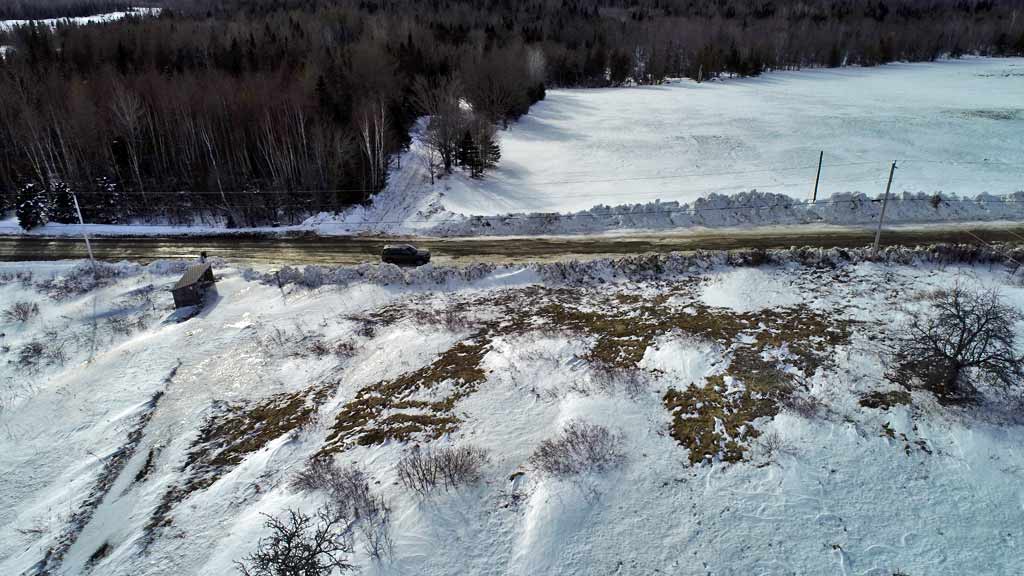
The Maine weather forecast with temperatures in the 50’s and a strong sun slowly help dry things out.
Thoughts turn to planting gardens, paddling fast moving water in spring river canoe races, puttering around your yard to fill in damage and ravage from snowplows. Changing studded snow tires back to your summer treads.
As snow and ice melt, dirt roads, driveways, and trails can turn into oozing, sticky mud as the frost leaves the ground. Lament ready or not that downhill skiing, snowmobiling trail riding is coming to end. The sanding and salt of winter suddenly is uncovered and hits you with the urge to quickly deal with the mess.
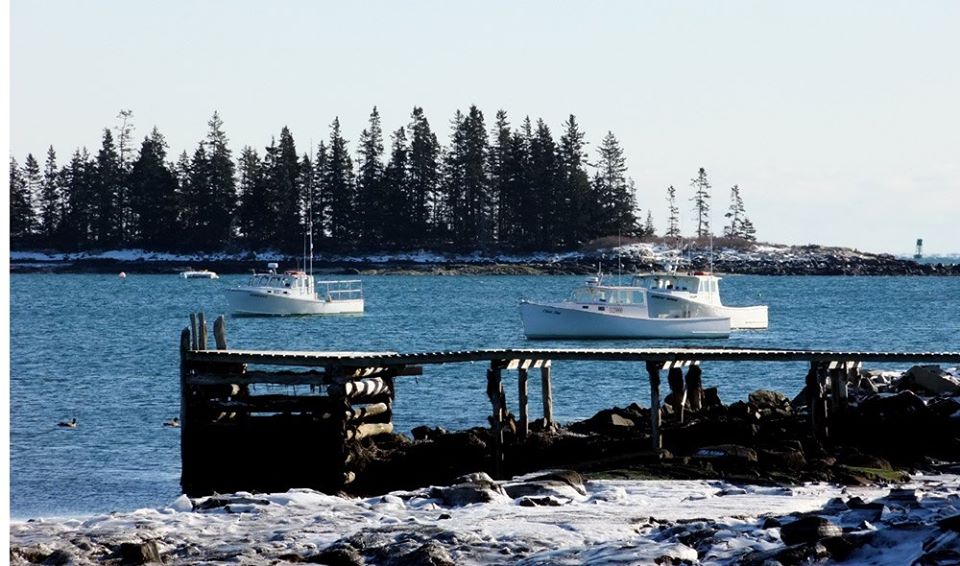
Scrambling to remove lake ice fishing shacks and mentally rehearsing the steps to open up camp starts all over again.
Mud season can be very short when snowfall is limited in Maine. The last two Maine winters have been light on the white stuff. Which hurts the economy that survives on healthy Maine snowfall amounts. Shaping the snow into groomed trails through the woods and down ski slopes. Plowing it, snow blowing it to keep your yard and driveway cleared and passable.
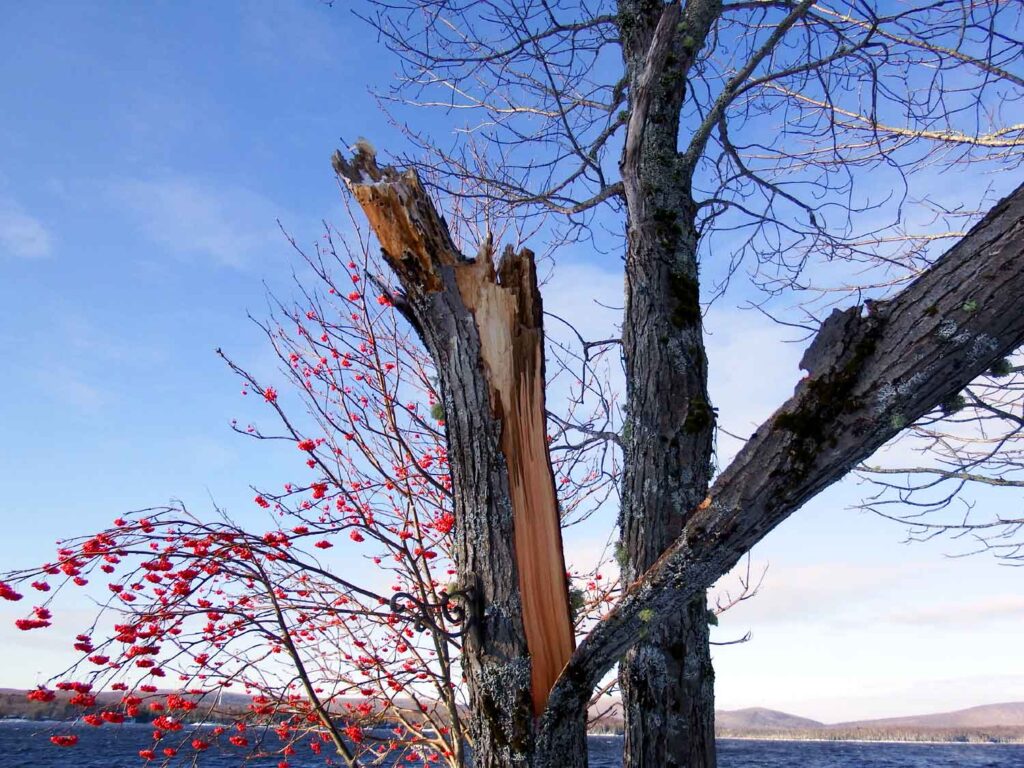
It can hit you as overwhelming mud season anxiety to hose down your house, wash the windows and prepare for spring.
But whoa, slow down. The turn the corner from a Maine winter for here comes spring is a gradual transition. The clean up is going to take more than a few Saturday afternoons to accomplish.
Everything has to thaw out, dry up first. So a homeowner realizing it’s too early for many of the getting ready for spring tasks gets centered. Picking up, collecting blown down tree limbs off your lawn. Relaying to your trash can whatever you find for treasure from a litter bug pedestrian or motorist.
You get started tidying up but it feels like not enough time, conditions are just not right and the spring forward clock sleep change does not help your state of mind.
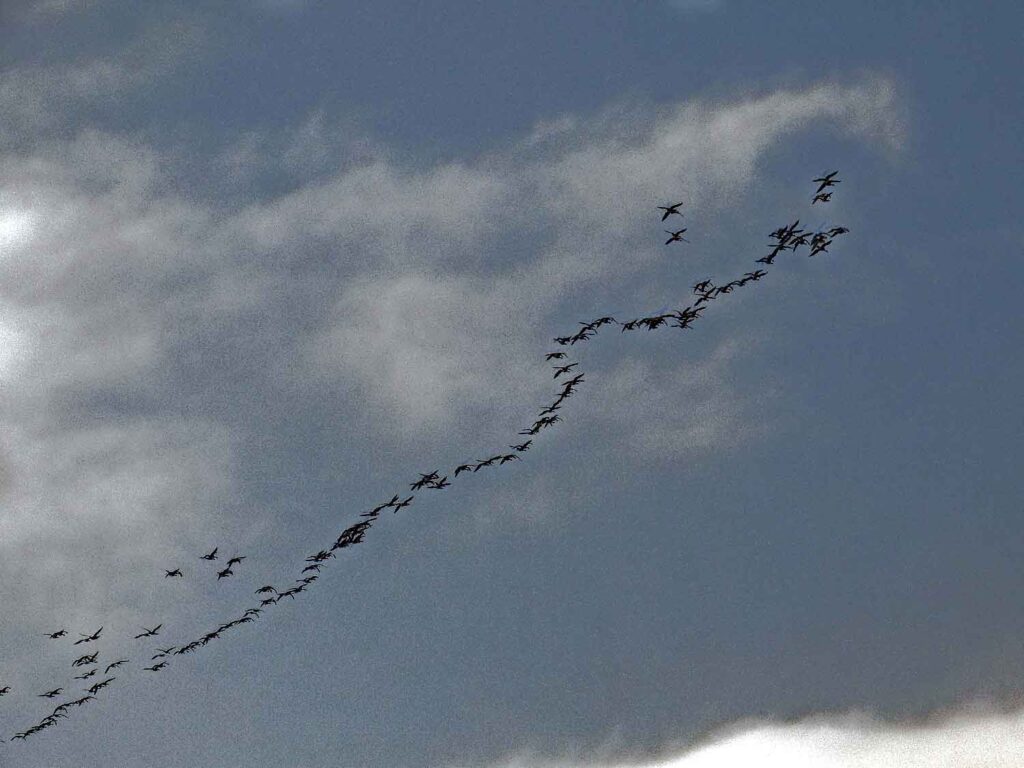
Jet lagged like and overwhelmed but coaxed into turn turn turn the season page.
It’s just too early and another snow fall or two that will quickly dissipate is probably ahead as winter sputters to an end with a final gasp.
Noticing, hey, the artificial tree wreath is still plugged in and on your front door. As you remove it, you see how badly weathered that original 1913 wooden door needs power washing. Then scrapping, sanding to finally apply new stain and waterproof protection. Add it to the growing long to do list.
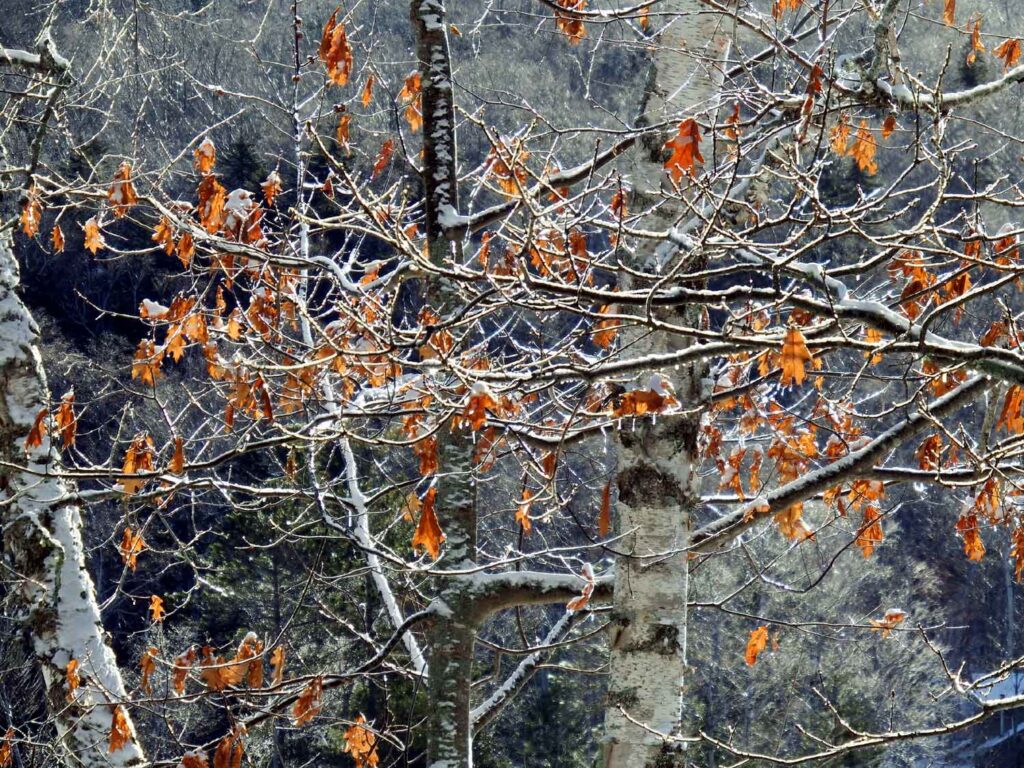
What causes mud season?
Freeze-thaw cycles play a big role. Just like taking something out of the freezer. Warmer days melt snow, but cold nights refreeze the ground, preventing proper drainage and keeping the soil saturated. Maine’s landscape is the ugliest, starkest time. Like no make up, bed head hair and lack of sun all rolled up into one.

Waterlogged dirt roads, a common feature in rural Maine, absorb melting snow and rain, turning into mud pits with deep ruts. Heavy equipment and vehicles only make it worse, as logging trucks, farm equipment, and regular traffic churn up the roads, sometimes making them nearly impassable.
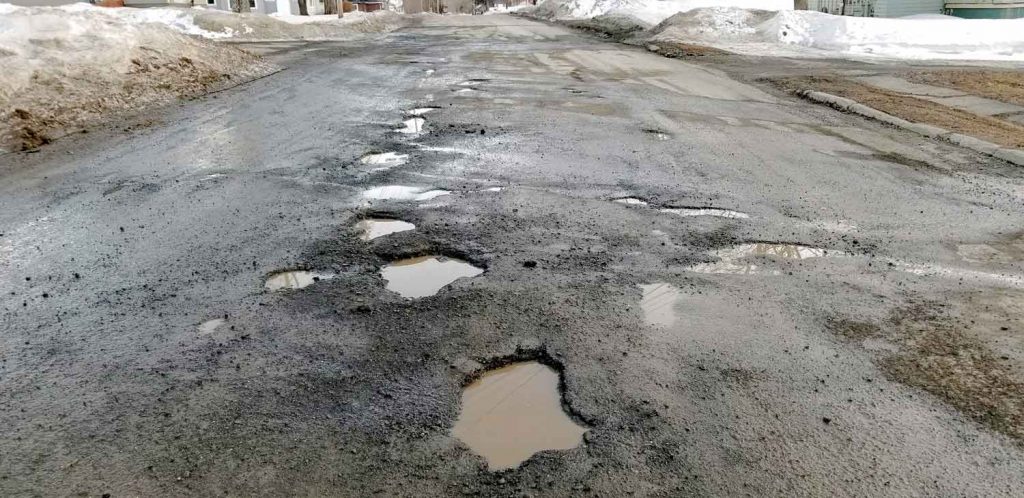
Mud season affects your Maine daily life in a lot of ways.
Travel and driving can be challenging, with rutted, slick, and sometimes impassable dirt roads. Towns often post weight limits to “ban them” to prevent further damage from heavy loads.
Hiking and outdoor recreation take a hit as well, with trails too muddy and fragile to handle foot traffic without causing deep erosion. Farmers face delays because their fields are too wet to work in, pushing back planting and preparation.
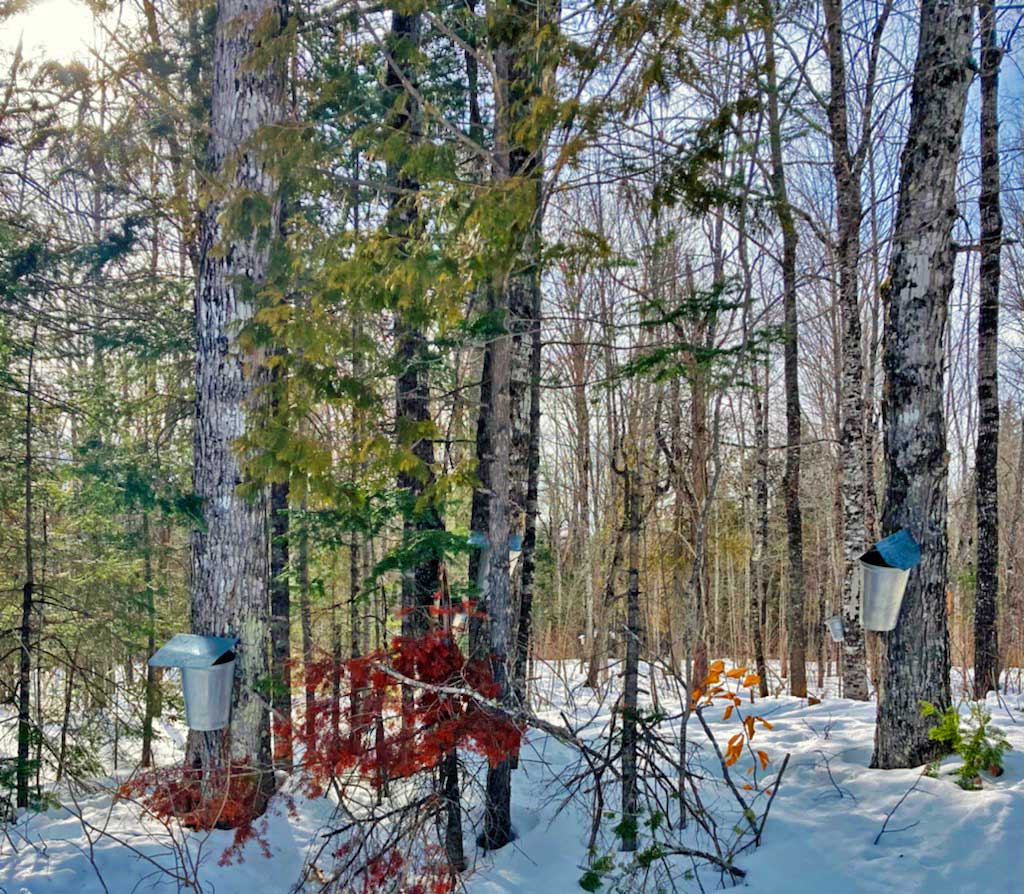
Many farm fields “warm up slowly” and due to snowfall run off accumulation amounts and poorly drained soil types, it requires planning.
To know where to start preparing the farm ground field acreage to avoid more down time pulling out axle mired mud stuck farm machinery.
Meanwhile, mud creeps into driveways, yards, and Maine homes, while sump pumps work overtime to handle basement flooding. Make sure your sump pump is plugged in, they work better that way. When outside your foundation ground is frozen, during the spring thaw ground water has no other place to go.
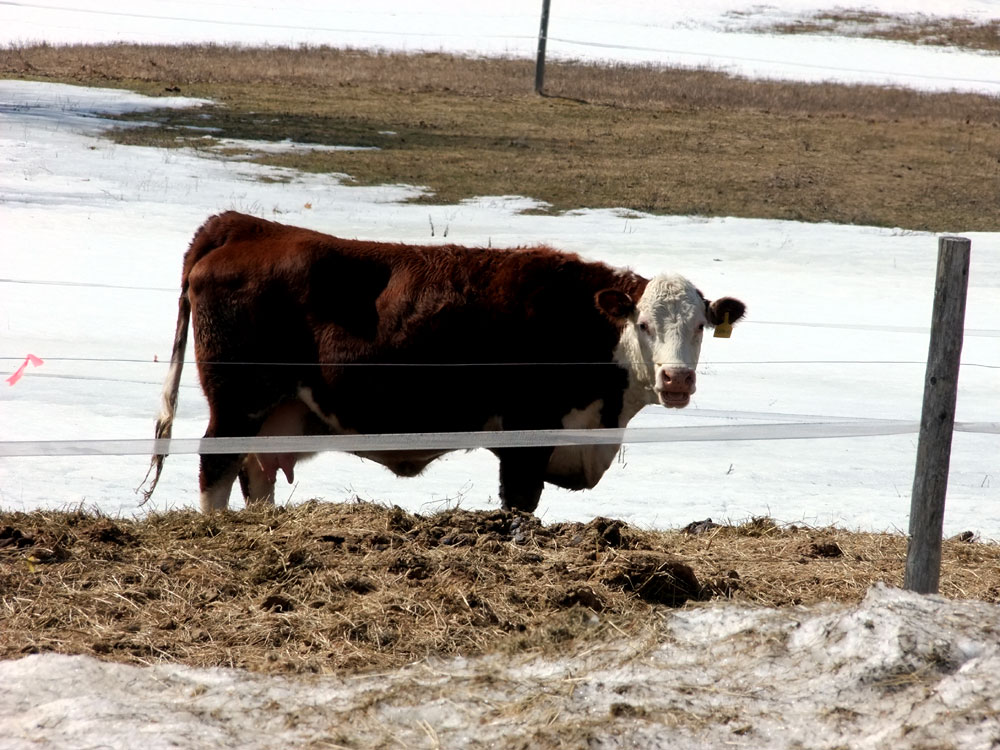
But to fill your cellar if no proper drainage or you plowed your snow four feet high up against your house.
There is a trick to plowing snow in Maine.
Furnace oil burners that go under the ground water in your house cellar are a big concern. Especially for any Maine snowbirds who run away winters to the sunny south or traveling out west. A Maine house sitter quickly knows when the inside house temperature starts to drop from a furnace that fails to do its job.
That someone’s home noticing “I can see my breath in the kitchen” is an asset. They let you know, they call the heating oil dealer to let them know we’re out, bone dry in the 275 gallon tank. Sometimes the automatic fill up heating degree days time to fill up calculations get messed up, it happens.
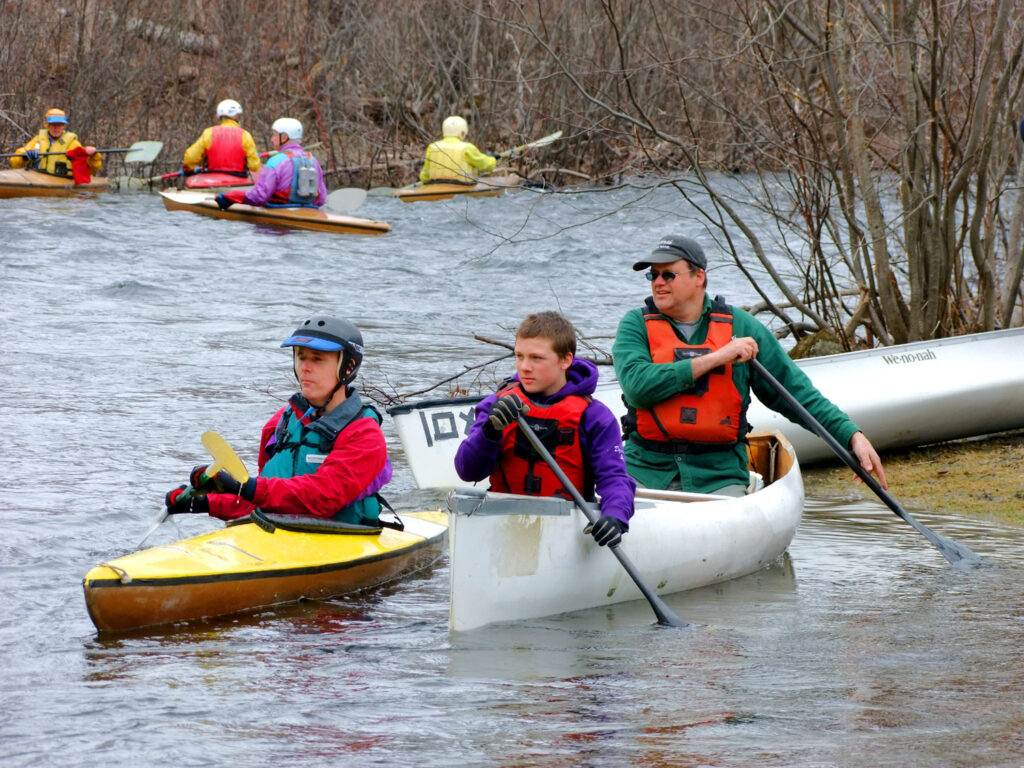
Empty houses in Maine over the winter that are heated but not monitored closely can rack up costly freeze up damage from broken pipes and running water. Despite all the challenges, the desire to spring clean and tackle yard work is strong. Mainers are not lazy, and after months of winter, the pent-up energy to get outside and start working is undeniable.
But frustration kicks in when the reality of mud season forces patience. The ground needs time to dry out, the frost has to leave, and things just don’t happen as fast as people want them to. It’s a time when “easy does it” and “all in good time” become necessary reminders, even if they’re not what anyone wants to hear.
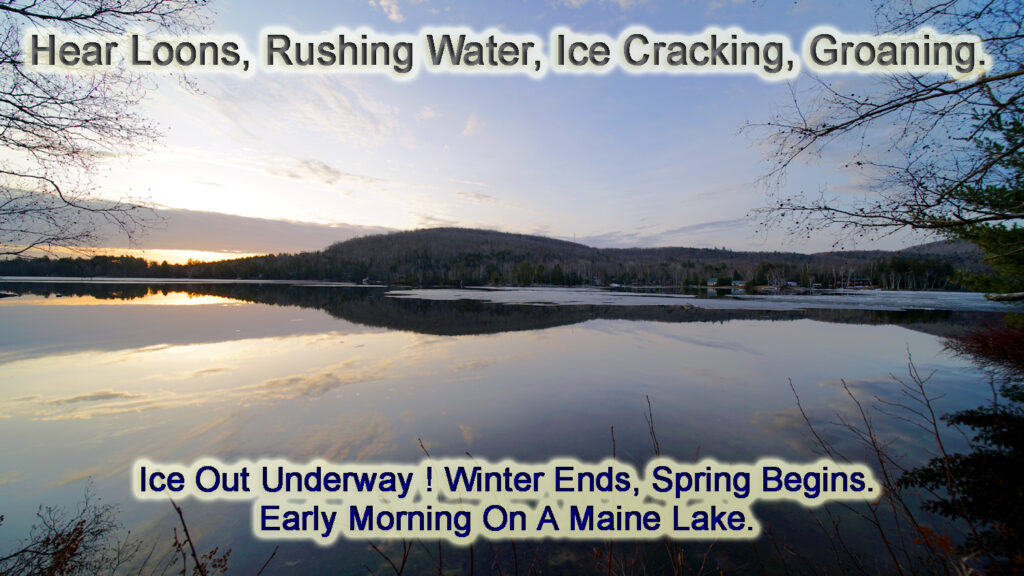
To survive mud season, Mainers adapt.
Driving requires caution—avoiding dirt roads when possible, sticking to the middle where the ground is firmer, and being prepared for the possibility of getting stuck.
Walking means look for bald spots, sidewalks and trail sections that are clear and melted. Or stretches of solid ice that could lead to a broken limb or sprain happen so you get over in the snow bank or straddle the edge of something crusty, rough and safer to navigate on than smooth polished glare ice.

Proper gear is essential like all the seasons in Maine. Rubber boots, extra shoes in the car, and gravel or wood planks by doorways to help keep mud out of the house. Setting up the orange pylons or grade stakes with brightly colored surveyors tape or nylon rope to try to keep people, motor traffic off your lawn.
The same temporary danger warning to avoid potholes or what is now PC called “pavement deficiencies”.
Those highway cracks and crevices can knock a car’s front end out of alignment or an accident trying to avoid them or at night when they blend in and are harder to see.
Frost heaves, natural speed bumps force motorists to slow down and like clock work, they appear in the same spots year after year. Frost heaves get your attention and train you to ease off the throttle as everything in your car and truck including your and passengers goes up and down with a thud.
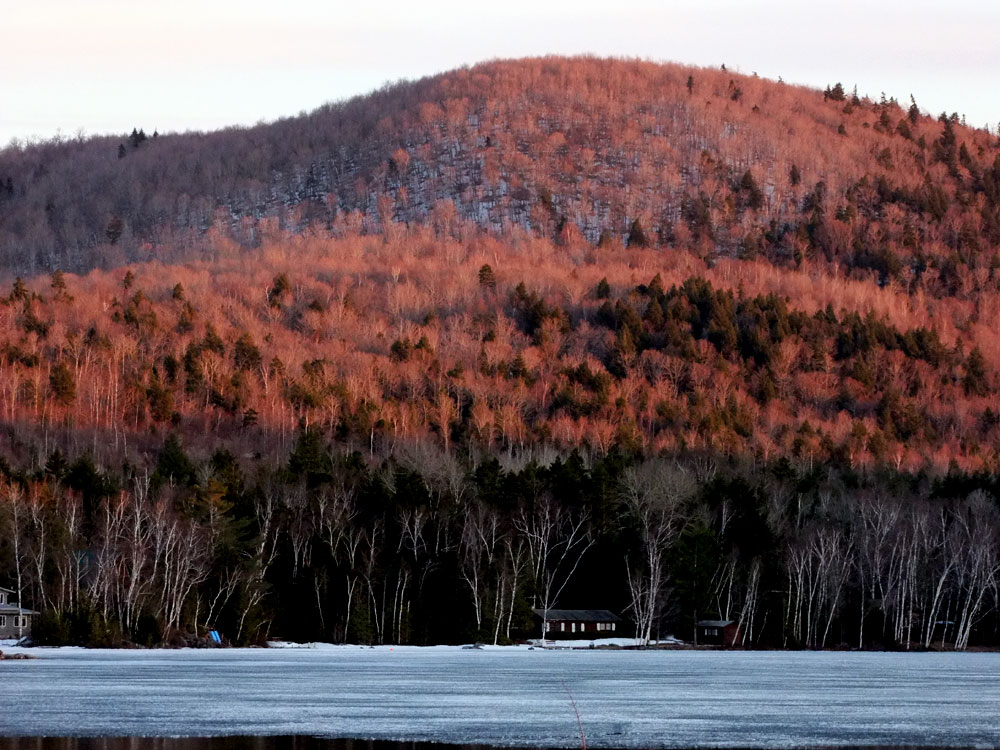
Protecting the Maine home and yard means using mats inside and outside doors, spreading sand or crushed rock on driveways for traction. Resisting the urge to start yard work too soon to avoid damaging the still-thawing ground. Many of the rolled up lawn sod clods are frozen in place.
You can try to shred them and replant or put them back to where they used to be before the yellow Fisher snow plow gave them a new home.
Take off your shoes, wipe your feet and paws and try to keep the fine dust and dirt outside of your Maine home.
While mud season is a hassle, it’s also a sign that spring is on its way. Sugar shacks are boiling down maple syrup sap, birds are returning, the sun increases strength under its natural heat lamp.
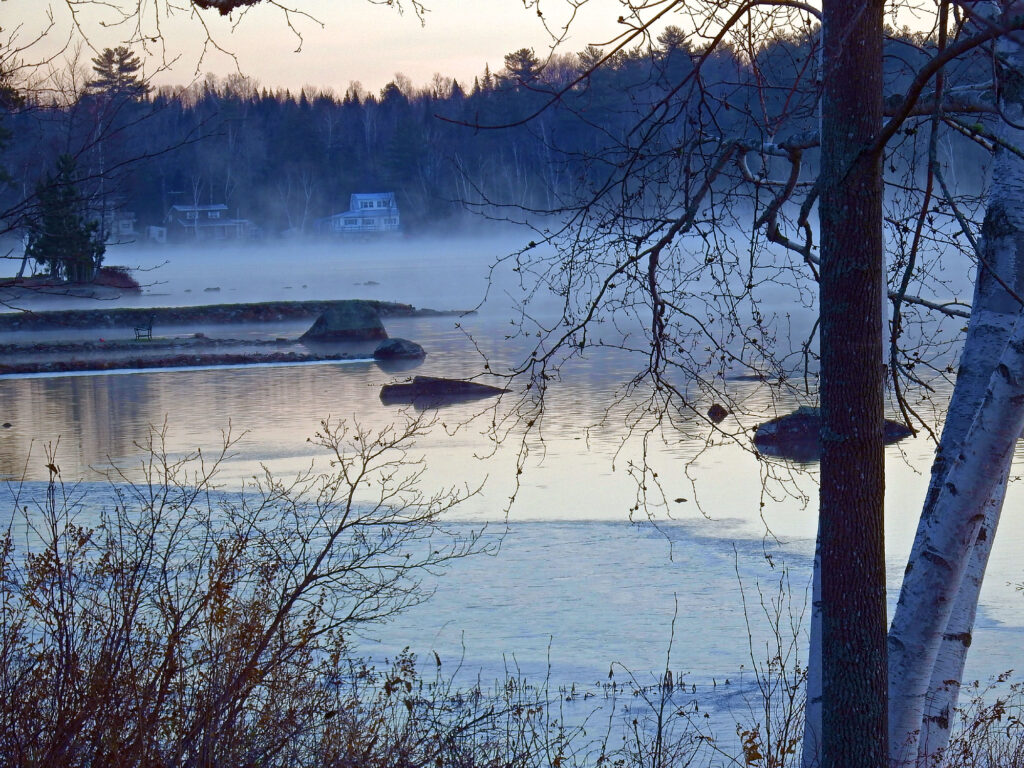
Soon enough, the snow with rain, wind and warmer temperatures will disappear like Frosty. Maine land will dry out and everything will turn green again. As Mainers say, “If you can survive a Maine winter or mud season, you can survive anything.”
I’m Maine REALTOR Andrew Mooers, ME Broker
